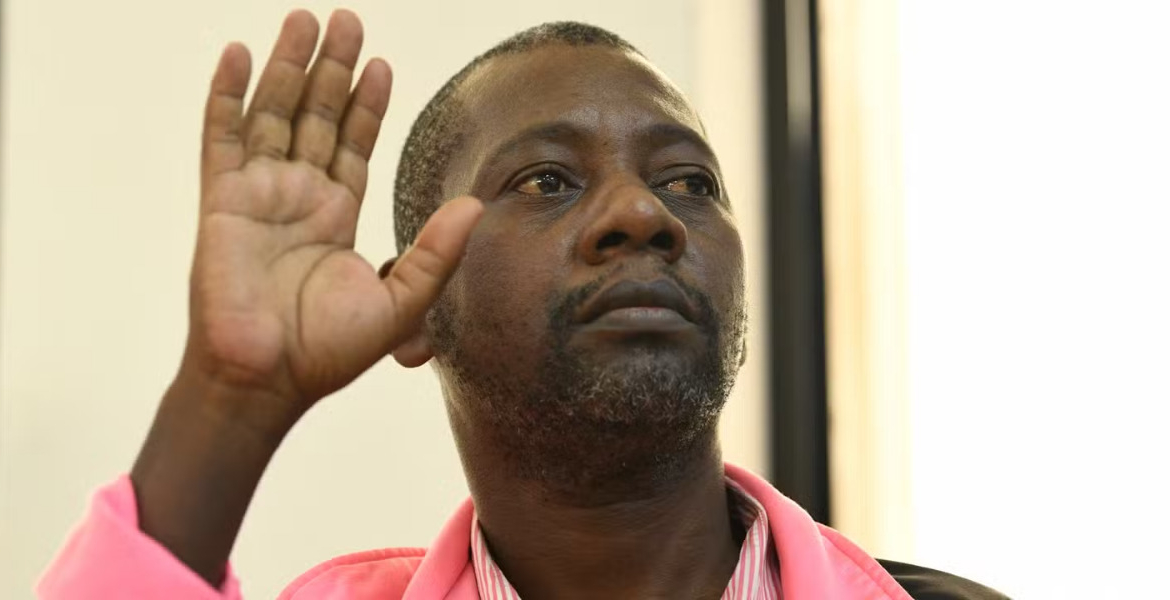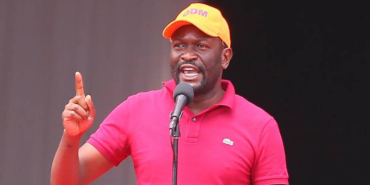How Mackenzie Used Phones to Spread Doomsday Teachings

A digital forensics expert has told a Mombasa court that thousands of WhatsApp messages recovered from mobile phones show how preacher Paul Mackenzie used apocalyptic messaging to influence his followers and direct them to the Shakahola forest.
Testimony from Chief Inspector Joseph Kolum, a digital forensics specialist with the Directorate of Criminal Investigations (DCI), outlined how investigators retrieved over 74,000 pages of messages spanning nearly three years. The data, extracted from devices belonging to Mackenzie and his associates, is being presented as key evidence in the ongoing case at Tononoka Children’s Court.
According to Inspector Kolum, the messages revealed a sustained campaign of religious extremism and ideological control. Mackenzie is alleged to have used biblical references, conspiracy theories, and doomsday warnings to convince followers to reject formal education, medical care, and government institutions. The court heard that he often referred to the Anti-Christ, the number 666, and a “New World Order”, warning that schools and hospitals were tools of satanic influence.
In one exchange, Mackenzie allegedly told a mother to withdraw her child from school, claiming that school uniforms were linked to “spiritual attacks.” In other messages, he reportedly discouraged medical treatment, portraying illness as a spiritual trial rather than a health issue. Prosecutors argue that these messages were used to isolate followers and erode trust in public services.
The digital evidence also suggests that Mackenzie renamed his Good News International Church as a “wilderness mission”, urging members to move to the Shakahola forest in Kilifi County. There, followers reportedly lived in makeshift shelters and were encouraged to fast for extended periods, believing it would prepare them for the second coming of Christ.
Investigators say Mackenzie claimed his mission was complete and advised his followers to cut ties with their previous lives. Financial transactions recovered from mobile phones also indicate that followers contributed money to fund land purchases in Shakahola. These funds were allegedly used to facilitate the group's relocation and sustain their stay in the forest. Additional materials, including audio sermons, PDF files, and links to online content, suggest Mackenzie continued preaching even after closing his church in Malindi.
Inspector Kolum told the court that mobile phones played a central role in spreading Mackenzie’s messages, turning them into tools of radicalisation. The devices contained sermons, instructions, and private conversations, all pointing to a coordinated effort to control and isolate the followers.








Add new comment